Dive into a collection of articles that amplify neurodivergent voices, support a more thorough understanding of neurodiversity, and challenge common misconceptions.
Month
- February 2026
- January 2026
- December 2025
- November 2025
- October 2025
- September 2025
- August 2025
- July 2025
- June 2025
- May 2025
- April 2025
- March 2025
- February 2025
- January 2025
- December 2024
- November 2024
- October 2024
- September 2024
- August 2024
- July 2024
- June 2024
- May 2024
- April 2024
- March 2024
- February 2024
- January 2024
- December 2023
- November 2023
- October 2023
- September 2023
- August 2023
- July 2023
- June 2023
- May 2023
- April 2023
- March 2023
- February 2023
- January 2023
- December 2022
Author
- Abs S. Ashley
- Adam Fare
- Aimee Fletcher
- Aisling Sheehy
- Andreia Costa
- Ann Memmott
- Antonia Aluko
- Bethan Warner
- Beverley Samways
- Brendan Maguire
- Callum Stephen Howes
- Cassandra Lovelock
- Charli Clement
- Chloe Webster-Harris
- Claire
- Cos Michael
- Darren O'Reilly
- Dr Catherine Crompton
- Dr Virginia Carter Leno
- El Dewar
- Elise Guthrie Stirling
- Emily Wooden
- Emily Lees
- Emily Katy
- Emma
- Emma Nielson
- Grace Lee
- Harriet Axbey
- Hat Porter
- Helen Edgar
- Iqra Babar
- Jill Corbyn
- Kai Schweizer
- Katrine Callander
- Kay Louise Aldred
- Krysia Waldock
- Kyra Thompson
- Lizzie Smith
- Lou Chandler
- Lucy Gilbert
- Meena Kumari
- Molly Anderton
- Molly Siobhan Parker
- Nick Ransom
- Reesha Zahir
- Remie Colledge
- Rhiannon Williams
- Rod Landman
- Rose Matthews
- Sarah Douglas
- Sarah Boon
- Sascha Bellamy
- Sophie Broadgate
- Stop Oxevision
- Thomas Barnett
- Tina
- Trauma Geek
- Victoria Denham
- Warda Farah
- Zoë Austin

The untold struggles of Neurodivergent Black boys in schools
Honoring Black History Month, NdC Associate Warda Farah explores the intersection of Black and Neurodivergent identity, and reflects on how the dual marginalisation faced by Black Autistic individuals is further compounded for boys in school settings.
Warda is the creator and host of NdC’s monthly, free-to-attend Black Autistic Meetup sessions.
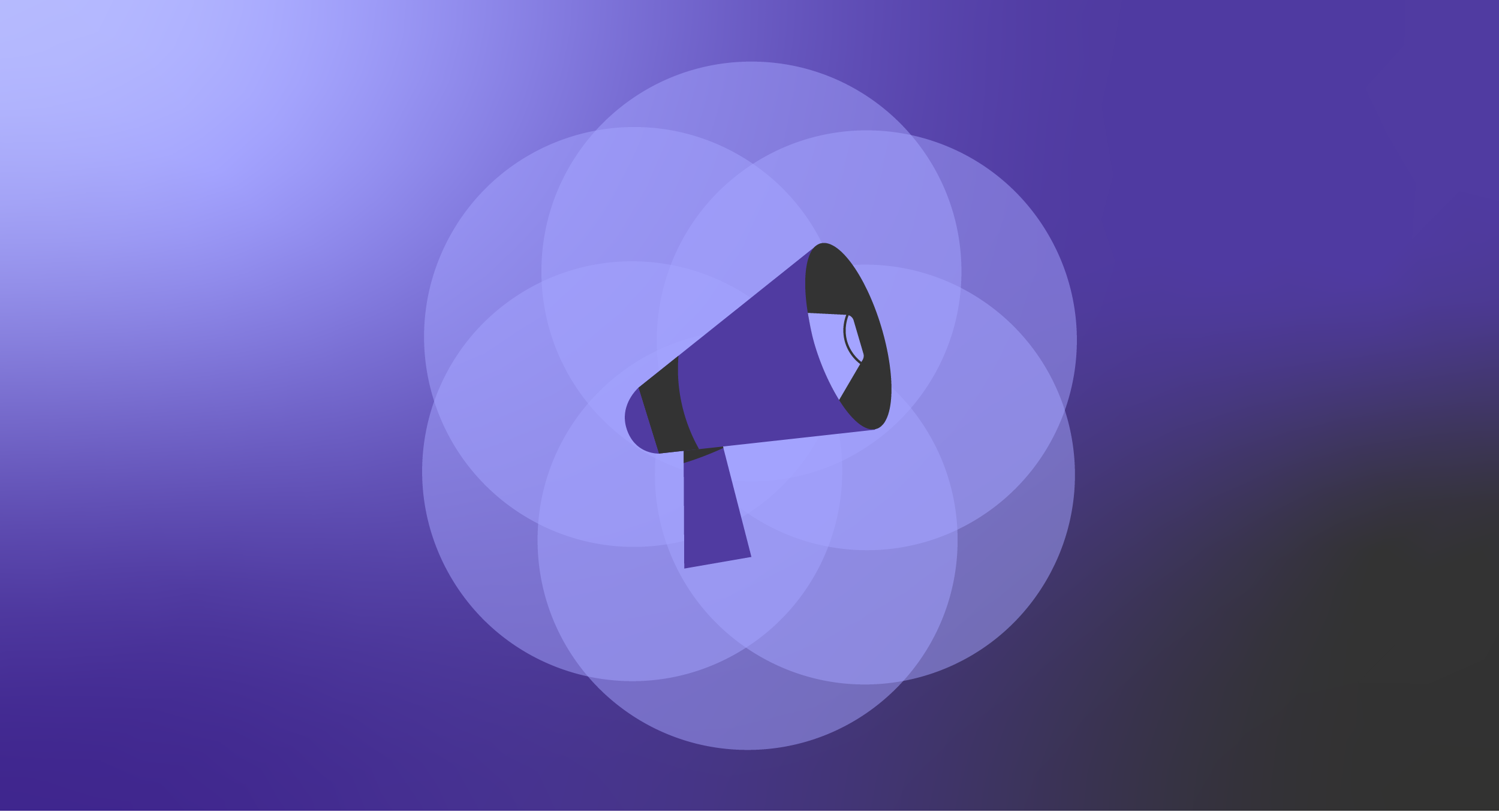
Reclaiming the Narrative: What It Means to Be Black and Autistic
Honoring Black History Month, NdC Associate Warda Farah explores the intersection of Black and Autistic identity, and reflects on how the dual marginalisation faced by Black Autistic individuals is further compounded for women and girls. Warda is the creator and host of NdC’s monthly, free-to-attend Black Autistic Meetup sessions.
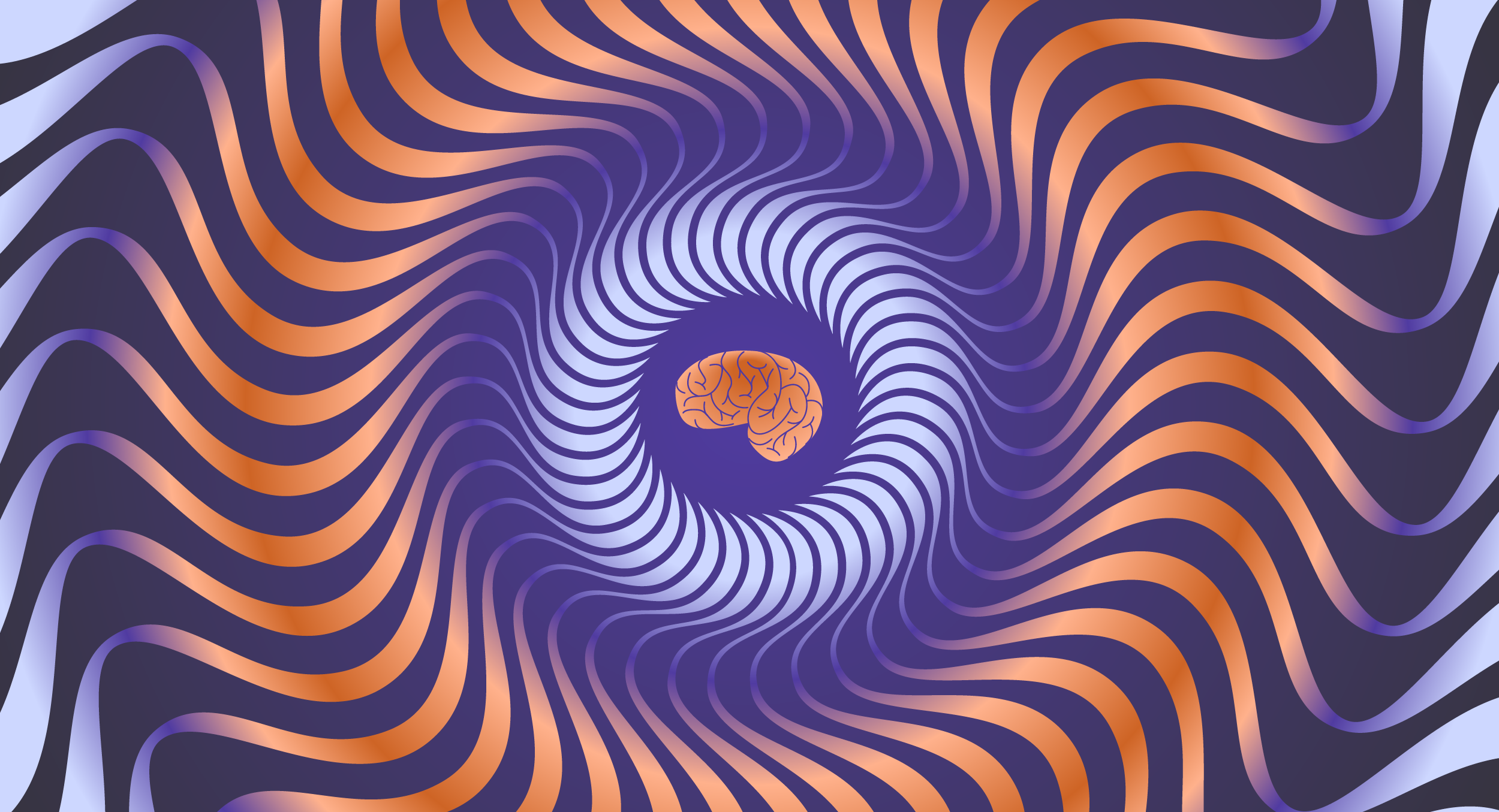
Unpacking radicalisation: how Neurodivergent minds are targeted by the far-right
Against the backdrop of the wave of racial-hatred and violence that swept the UK in recent weeks, NdC Development Lead Grace Lee examines how Neurodivergent minds can be vulnerable to exploitation and radicalisation by by far-right narratives and deliberate misinformation, and what can be done to find a way forward.

Excavating my identity and relationship with disability
Warda Farah explores the intersectionality of identity, race and disability in this short reflective piece.
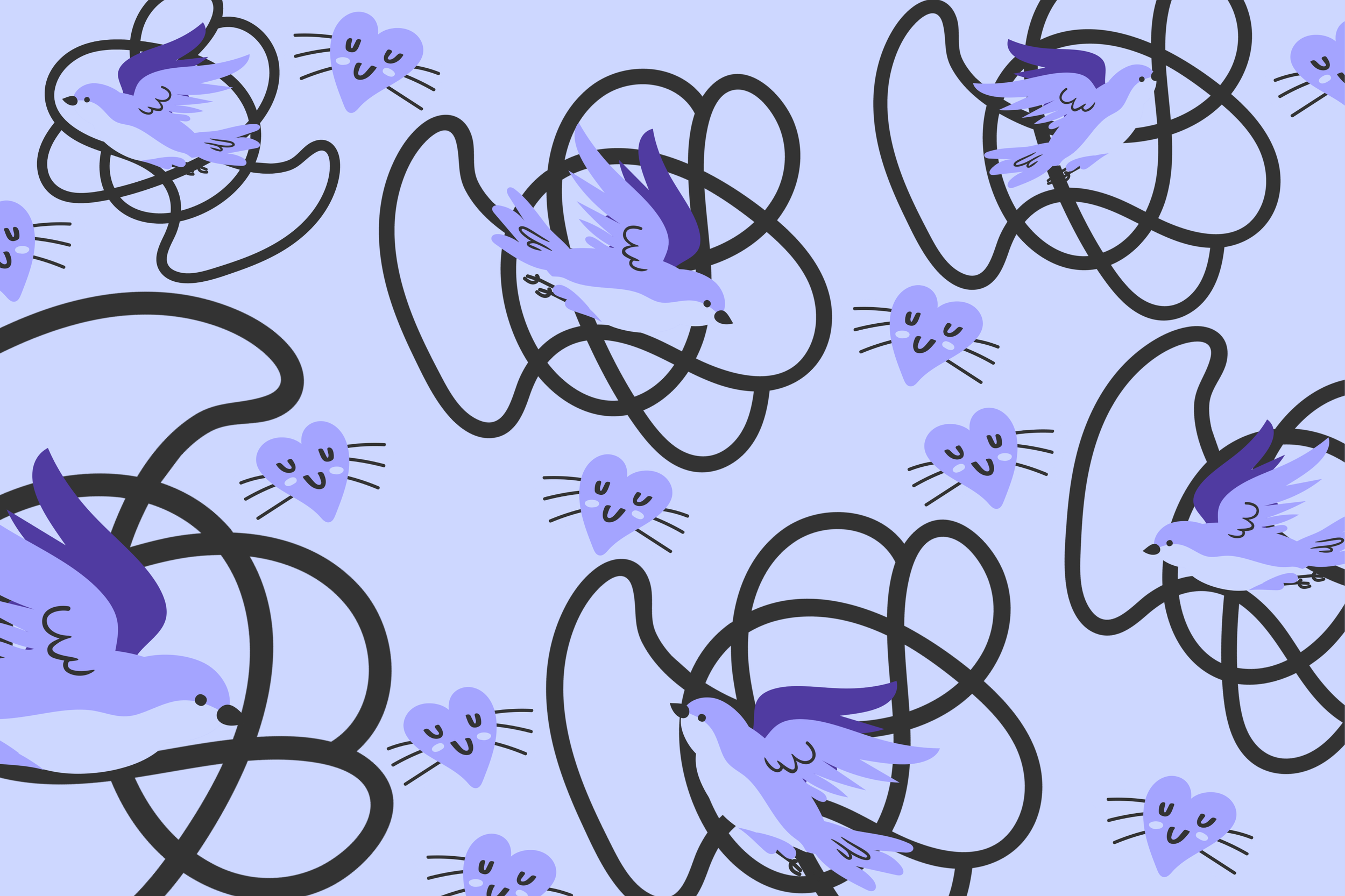
Black Hair and Autism: A Refusal to Disentangle
Reflecting on the evolving relationship with her hair, Antonia Aluko explores the interplay between being black, autistic and queer, and how this relationship has grown and blossomed alongside her journey of unmasking and becoming her true authentic self.
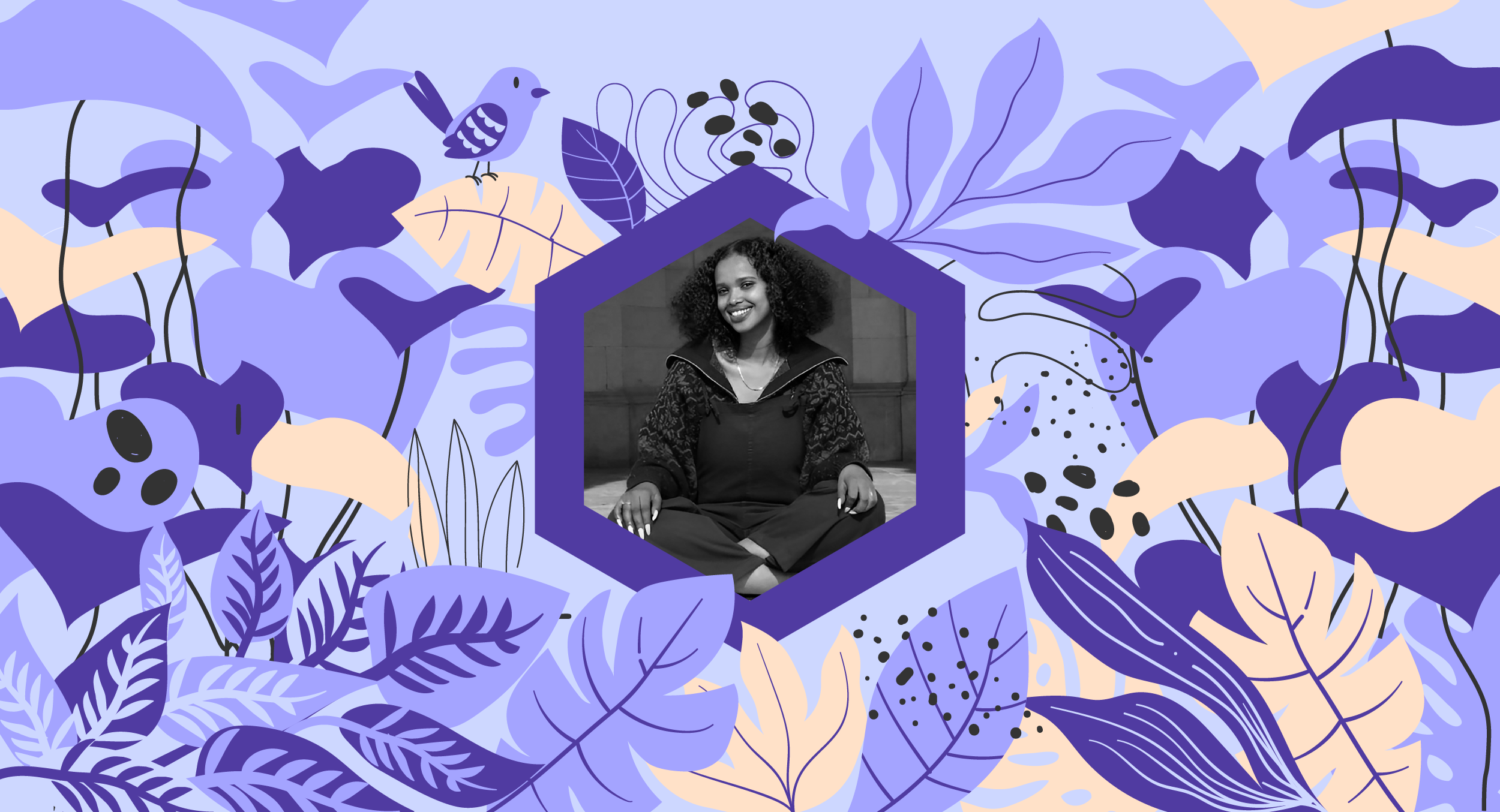
Embracing our Identities: The Power of the Black Autistic Meetup group
Neurodiverse Connection is proud to host Black Autistic Meetup, founded and lead by NdC Associate, Warda Farah. In this article, Warda reflects on the power of this invaluable space for belonging, representation, support and hope.
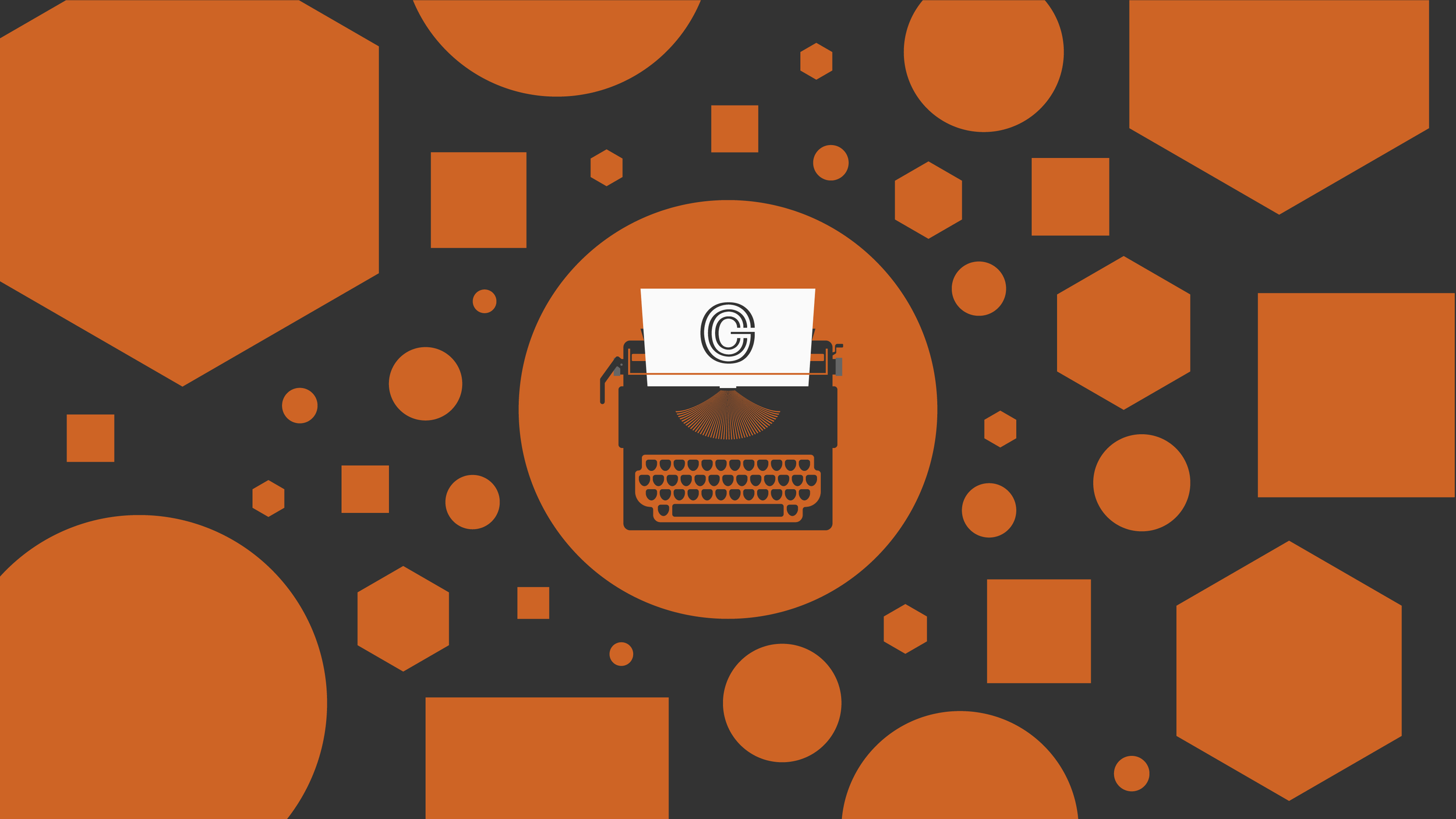
“My name is Tina”: a first hand account
My name is Tina and I am a British Indian woman. I was born and brought up in Punjab, India. During my primary education, I struggled with some reading and writing, however I absolutely loved maths. I was told by my teacher that I would need to work hard on my spelling, reading and writing. I was a very bright student and achieved really good results during my school, college and at university. My mental health wasn't great due to overthinking, stress and depression. I struggled with my weight, my internalised racism about my dark skin and worries about being different. I was not a typical Indian girl.
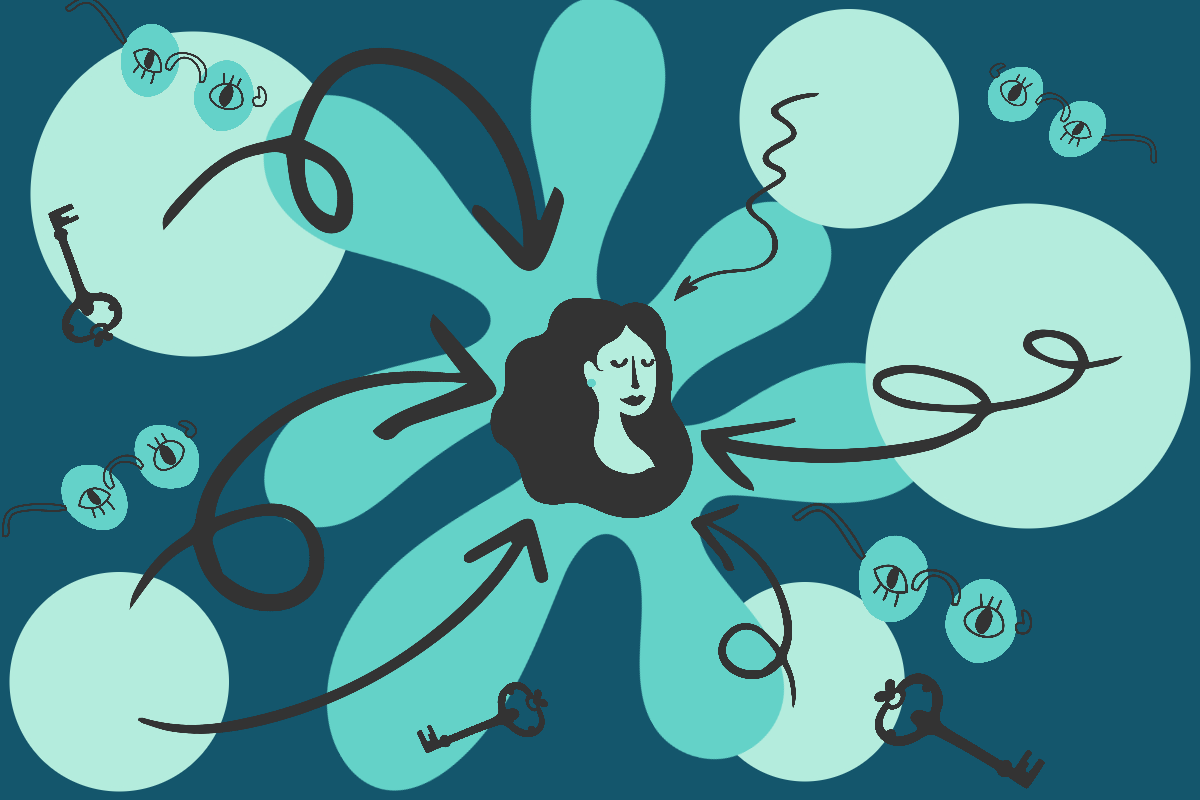
Navigating Intersections: My Journey as an Autistic Black Girl in the UK
Growing up in the UK as a black autistic girl was no easy feat. The challenges of understanding my identity were compounded by the fact that I self-diagnosed my autism. While it provided an explanation for my differences, I also battled imposter syndrome.
- ABA
- abuse
- accessible
- ADHD
- adults
- advocacy
- affirming
- aging
- assessment
- autism
- autistic parents
- black autistic
- building design
- burnout
- childhood
- children
- co production
- coercive control
- communication
- community
- culture
- depression
- Designing Homes for Sensory Differences Summit 2024
- diagnosis
- disability
- dyslexia
- eating disorders
- education
- empathy
- employment
- environment
- ethics
- executive functioning
- family
- friendships
- GCC Summit 2023
- gender
- grooming
- guidance
- health
- healthcare
- holiday
- housing
- human rights
- identity
- inclusion
- inpatient
- intersectionality
- joy
- language
- late diagnosed
- learning disability
- LGBTQIA+
- lived experience
- masking
- medicalisation
- meltdown
- mental health
- monotropism
- mothers
- nervous system
- newly diagnosed
- NHS
- OCD
- online
- pain
- parents
- PBS
- peer support
- play
- psychiatric care
- quality of life
- race
- racism
- reasonable adjustments
- relationships
- research
- resources
- routine
- school
- self diagnosis
- self regulation
- sensory environment
- sensory overwhelm
- sensory processing
- services
- sexism
- special interests
- spirituality
- stimming
- stress
- suicide
- support
- therapy
- training
- trauma
- trauma-informed
- women
- workplace
- young people
Got something to say?
We commission blogs from neurodivergent writers. We are particularly keen to hear from people of colour, older people, and non-speaking members of our community. Help us in our mission to amplify the views and voices that are most often left unseen and unheard.


